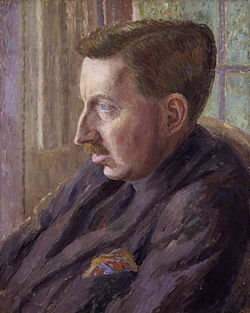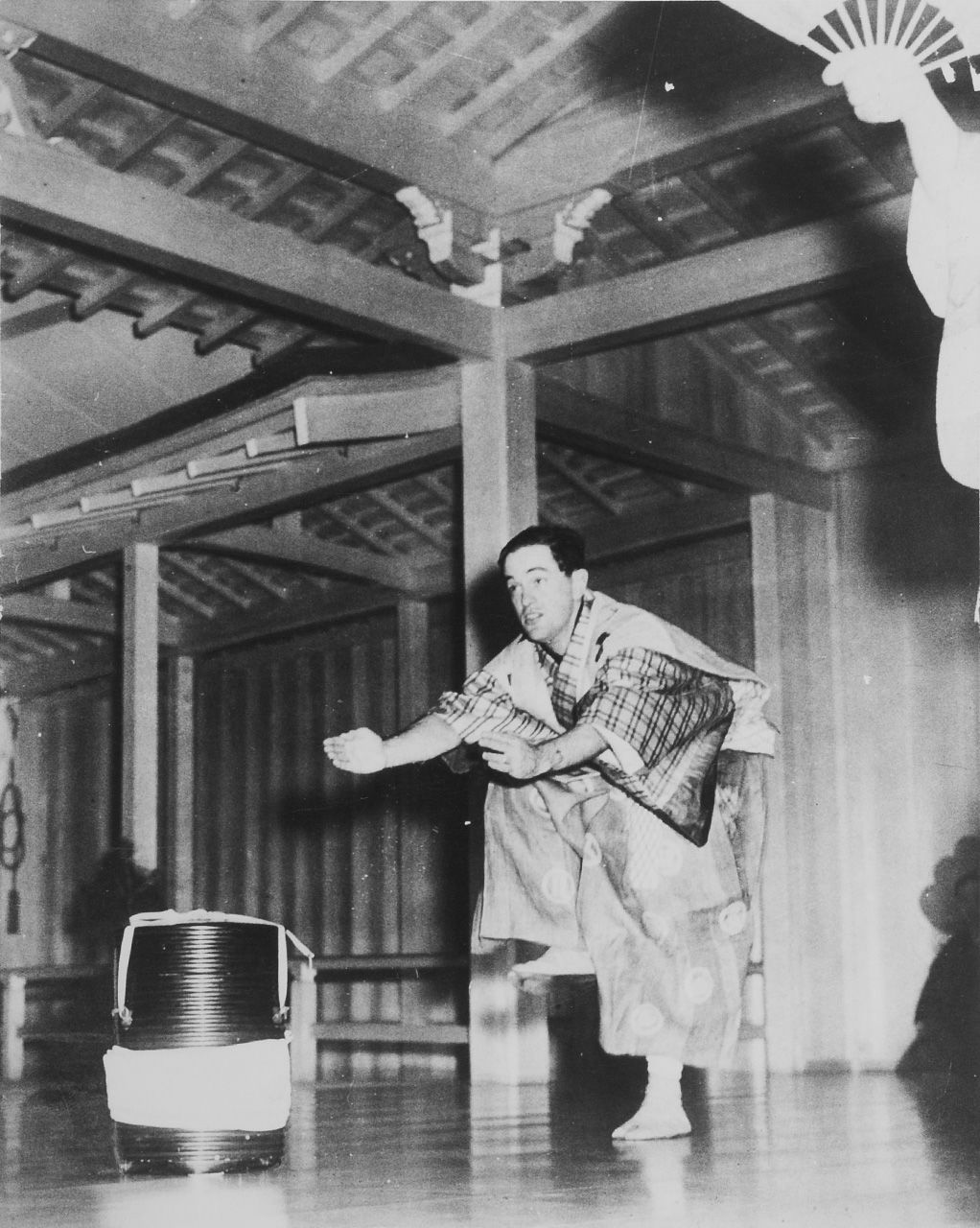New York Magazine Put Mamdani’s Team on Its Cover. One Aide Was Erased.
Catherine Almonte Da Costa was part of a photo shoot on the mayor-elect’s inner circle. The next day she resigned amid an uproar over antisemitic statements she had posted on social media years earlier.

The latest cover of New York magazine includes a group portrait of Zohran Mamdani and his inner circle. Catherine Almonte Da Costa had stood in the space where the “W” in the magazine logo can now be seen.Credit...Sara Naomi Lewkowicz for The New York Times
His name is pronounced zuh-RON mom-DAH-nee. Not everyone gets it.
Live Updates: New York Readies Gala Inauguration of Mayor Zohran Mamdani
Mr. Mamdani, the city’s first Muslim and South Asian mayor and its youngest in more than a century, was officially sworn in shortly after midnight. A public ceremony is set for early afternoon.
How the World Sees Mamdani: Icon, Threat,
Proof of the American Dream
Zohran Mamdani’s improbable journey from Muslim immigrant to mayor-elect in New York City resonated across the globe in unpredictable ways.
E. M. Forster | |
|---|---|
 Portrait of Forster by Dora Carrington, c. 1924–1925 | |
| Born | Edward Morgan Forster 1 January 1879 Marylebone, Middlesex, England |
| Died | 7 June 1970 (aged 91) Coventry, Warwickshire, England |
| Occupation | Writer (novels, short stories, essays) |
| Alma mater | King's College, Cambridge |
| Period | 1901–1970 |
| Genre | Realism, symbolism, modernism |
| Subjects | Class division, gender, imperialism, homosexuality |
| Notable works |
|
福斯特一共著有六部小說:
- 《天使裹足之處》(Where Angels Fear to Tread,1905)
- 《最長的旅程》(The Longest Journey,1907)
- 《窗外有藍天》(A Room with a View,1908)
- 《霍華德莊園》(Howards End,1910)
- 《印度之旅》(A Passage to India,1924)
- 《墨利斯的情人》(Maurice,1913)
《天使裹足之處》(1905)是他第一部小說。書名是蒲柏的一句詩的後半句,前半句是「蠢人們卻闖進了」。小說寫英國中產階級的宗教道德觀念,故事曲折,人物性格複雜。
《最長的旅程》(1907)的主題是現象與實在(實際的存在)的矛盾。書名引自雪萊《靈魂上的靈魂》("Epipsychidion")一詩,意指不自由的結合是「最令人厭倦、 最長的一次旅行」。 故事寫的是想像中的愛情與現實生活的矛盾。它是福斯特小說中最不為人所知的一部,但卻是作者本人最喜愛的,以及最具自傳性的一部作品。
《窗外有藍天》(1908)以義大利為背景,用喜劇手法寫虛偽與真實,自由、愛、音樂、義大利下層人民、自然風景等與假道學、虛情假意、傳統陋習、英國市民階層、窒息的環境之間的矛盾。
福斯特最主要的小說是《霍華德莊園》(1910)和《印度之旅》(1924)。
《霍華德莊園》寫代表英國中產階級上層的精神和文化的施萊格爾姐妹和同一階層代表實幹、缺乏想像和傲慢的威爾科克斯一家之間,以及英國中產階級上層和下層之間的複雜關係。
《印度之旅》是作者最後一部也是最重要的一部小說。作者在這部作品裡把「聯接起來」的思想擴大到不同的民族。
 TSP Book Club 1995 edition (paperback) | |
| Author | E.M. Forster |
|---|---|
| Country | England |
| Language | English |
| Genre(s) | Novel |
| Publisher | Edward Arnold, (London) |
| Released | 1924 |
| Media type | Print (Hardback & Paperback) |
| ISBN | NA |
這是重譯並有許多翻譯者"交底"的作品目錄:. 一位盛名不衰的小說家——《印度之行》序
第一部清真寺
第二部山洞
第三部寺廟
附錄論《印度之行》 譯後記關於重譯《印度之行》的幾個問題——重譯後記 ...
A Passage to India 出自{草葉集}
我希望找原著讀一下
What I Believe
(from: Forster, E.M. Two Cheers for Democracy)
I do not believe in Belief. But this is an Age of Faith, and there
are so many militant creeds that, in self-defence, one has to
formulate a creed of one's own. Tolerance, good temper and
sympathy are no longer enough in a world which is rent by
religious and racial persecution, in a world where ignorance rules,
and Science, who ought to have ruled, plays the subservient pimp.
Tolerance, good temper and sympathy - they are what matter
really, and if the human race is not to collapse they must come
to the front before long. But for the moment they are not
enough, their action is no stronger than a flower, battered be-
neath a military jackboot. They want stiffening, even if the
process coarsens them. Faith, to my mind, is a stiffening process,
a sort of mental starch, which ought to be applied as sparingly as
possible. I dislike the stuff. I do not believe in it, for its own sake,
at all. Herein I probably differ from most people, who believe in
Belief, and are only sorry they cannot swallow even more than
they do. My law-givers are Erasmus and Montaigne, not Moses
and St Paul. My temple stands not upon Mount Moriah but in
that Elysian Field where even the immoral are admitted. My
motto is : "Lord, I disbelieve - help thou my unbelief.
I have, however, to live in an Age of Faith - the sort of epoch
I used to hear praised when I was a boy. It is extremely un-
pleasant really. It is bloody in every sense of the word. And I
have to keep my end up in it. Where do I start ?
With personal relationships. Here is something comparatively
solid in a world full of violence and cruelty. Not absolutely solid,
for Psychology has split and shattered the idea of a " Person", and
has shown that there is something incalculable in each of us,
which may at any moment rise to the surface and destroy our
normal balance. We don't know what we are like. We can't
know what other people are like. How, then, can we put any
trust in personal relationships, or cling to them in the gathering
political storm ? In theory we cannot. But in practice we can and
do. Though A is not unchangeably A, or B unchangeably B, there
can still be love and loyalty between the two. For the purpose of
living one has to assume that the personality is solid, and the
"self" is an entity, and to ignore all contrary evidence. And since
to ignore evidence is one of the characteristics of faith, I certainly
can proclaim that I believe in personal relationships.
Starting from them, I get a little order into the contemporary
chaos. One must be fond of people and trust them if one is not
to make a mess of life, and it is therefore essential that they should
not let one down. They often do. The moral of which is that I
must, myself, be as reliable as possible, and this I try to be. But
reliability is not a matter of contract - that is the main difference
between the world of personal relationships and the world of
business relationships. It is a matter for the heart, which signs no
documents. In other words, reliability is impossible unless there
is a natural warmth. Most men possess this warmth, though
they often have bad luck and get chilled. Most of them, even
when they are politicians, want to keep faith. And one can, at all
events, show one's own little light here, one's own poor little trem-
bling flame, with the knowledge that it is not the only light that is
shining in the darkness, and not the only one which the darkness
does not comprehend. Personal relations are despised today. They
are regarded as bourgeois luxuries, as products of a time of fair
weather which is now past, and we are urged to get rid of them,
and to dedicate ourselves to some movement or cause instead. I
hate the idea of causes, and if I had to choose between betraying
my country and betraying my friend I hope I should have the
guts to betray my country. Such a choice may scandalize the
modern reader, and he may stretch out his patriotic hand to the
telephone at once and ring up the police. It would not have
shocked Dante, though. Dante places Brutus and Cassius in the
lowest circle of Hell because they had chosen to betray their
friend Julius Caesar rather than their country Rome. Probably
one will not be asked to make such an agonizing choice. Still,
there lies at the back of every creed something terrible and hard
for which the worshipper may one day be required to suffer, and
there is even a terror and a hardness in this creed of personal
relationships, urbane and mild though it sounds. Love and
loyalty to an individual can run counter to the claims of the State.
When they do - down with the State, say I, which means that the
State would down me.
The World According to John Irving
The literary titan is still publishing books, and still pushing envelopes, at 83.
“I was remembering that quote about E.M. Forster, that his reputation improved with every book that he didn’t write,” Mr. Hansen said. “John is just the opposite. He keeps writing books, and it’s almost like the wrestling model: You don’t know if you’re going to win every match, but you go out there and try and see what happens.”
Image
 At 83, Mr. Irving has no plans to stop writing. In fact, he has already started his next novel. Credit...Kyle Berger for The New York Times
At 83, Mr. Irving has no plans to stop writing. In fact, he has already started his next novel. Credit...Kyle Berger for The New York TimesUnlike Mr. Forster, who stopped writing novels in his 40s and lived to 91, Mr. Irving continues to write — and, in fact, cannot stop.
“He sits down at the same time every day, seven days a week, 52 weeks a year, and writes,” Dr. Schwartz said. “It’s what he does.”
Mr. Hansen sees that as a virtue. “It’s like a scientist who continues to do experiments,” he said. “John is still experimenting, still growing, still trying to figure out the craft.”
維基百科,自由的百科全書
| 約翰·艾文 | |
|---|---|
 | |
| 出生 | John Wallace Blunt, Jr. 1942年3月2日 新罕布夏州埃克塞特(Exeter, New Hampshire) |
| 職業 | 小說家,劇作家 |
| 代表作 | 蓋普眼中的世界(The World According to Garp), 一路上有你(A Prayer for Owen Meany) |
| 受影響於 | 查爾斯·狄更斯 納撒尼爾·霍桑 君特·格拉斯 Ted Seabrooke 托馬斯·哈代 羅柏森·戴維思(Robertson Davies) 庫爾特·馮內古特 |
約翰·溫斯洛·艾文(英語:John Winslow Irving,1942年3月2日—),原名為 小約翰·華勒斯·布倫特(John Wallace Blunt, Jr.),美國的小說家,奧斯卡最佳改編劇本獎得主。
艾文1978年所寫的《蓋普眼中的世界》受到國際上讀者以及專家的一致好評,艾文也從此擁有相稱的名聲。艾文的其他小說,如:《一路上有你》以及《蘋果酒屋法則》等同樣都是暢銷書,並有許多作品被拍攝為電影。艾文亦因親自為《蘋果酒屋法則》的改編劇本執筆而獲奧斯卡最佳改編劇本獎。
他在2007年出版了江戶後期畫家《渡邊華山》評傳,歸化日本國籍以後分別於2012和2016年出版了近代日本短詩型文學的兩名改革者《正岡子規》《石川啄木》評傳,每次都引發了言論。
| Emperor of Japan: Meiji and His World, 1852–1912 (Columbia University Press, April 1, 2002) | 明治天皇 (新潮社, 2001). Jp trans. 角地 幸男. meiji tennou Also published in 4 volumes, 2007 |
Donald Keene 1922~2019
| Yoshimasa and the Silver Pavilion: The Creation of the Soul of Japan (Columbia University Press, November 1, 2003) | 足利義政と銀閣寺 (中央公論新社, 2008). Jp trans. 角地 幸男. Yoshimasa to ginkakuji |
哲學之道。
太多的人、太多的店,以至於太多的喧囂。
許多美好的回憶就留在哲學之道。
從南禪寺到銀閣寺,從安靜走到寂寥;
我遠遠地懷念那一條無人小道。



沒有留言:
張貼留言